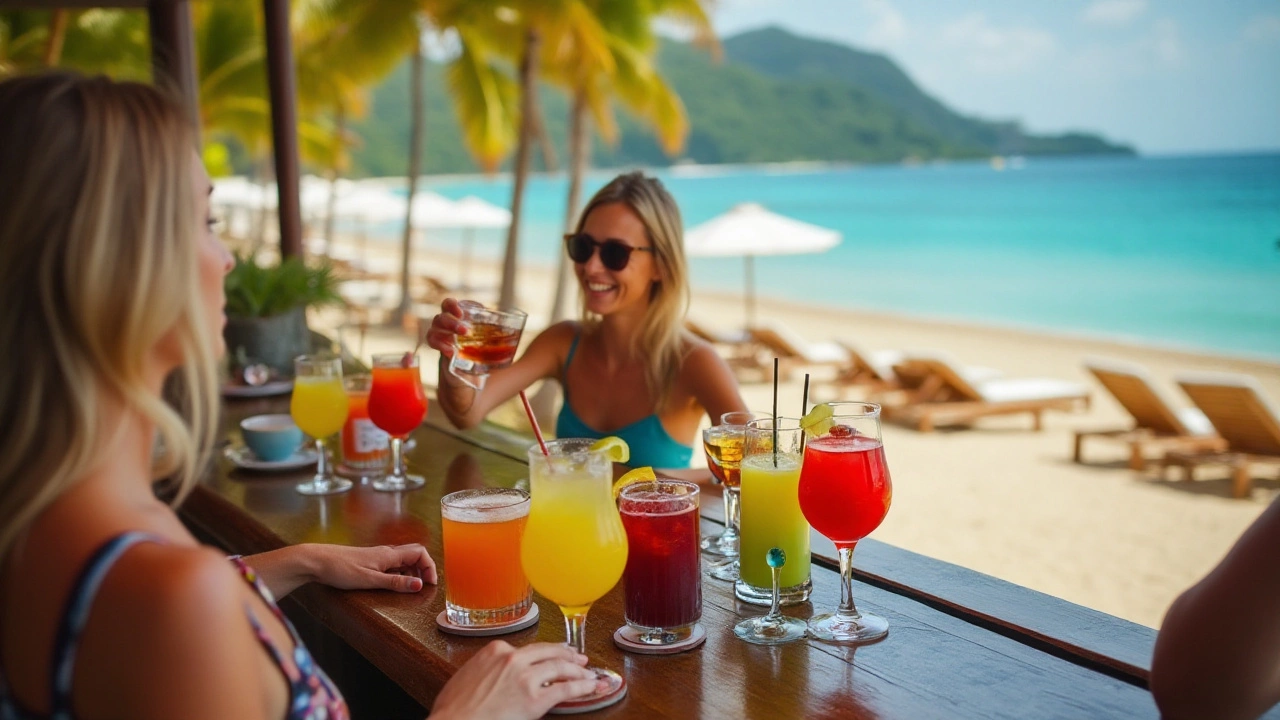Alcohol Policy Basics for UK Stays
If you’ve ever booked a cottage or hotel and wondered whether you can bring your own wine, or if the minibar is really free, you’re not alone. Alcohol rules can differ a lot between a country cottage, a city hotel and an all‑inclusive resort. Knowing what to expect saves you from awkward moments at the front desk and keeps your budget in check.
Age Limits and ID Checks
Most UK hotels and holiday cottages treat anyone 18 or older as an adult. That means you’ll need a valid ID if you want to order a drink at the bar or have alcohol in your room. Some family‑focused resorts set a higher threshold for certain areas – for example, the pool bar might only serve guests 21 and over. Always ask the property about their specific age policy before you pack the bottle.
What’s Included in All‑Inclusive Packages?
All‑inclusive sounds like everything’s covered, but the devil’s in the details. Many resorts include soft drinks, coffee and tea, while alcoholic beverages come in tiers. Basic packages might give you local beers and house wine; premium bundles add spirits, premium wines and even cocktail mixers. Check the fine print or call the hotel to confirm which drinks are truly free and which carry a surcharge.
If you’re staying in a self‑catering cottage, the situation is simpler – you’re on your own for food and drink. Some owners allow you to bring your own alcohol, but a few charge a “clean‑up fee” if you spill or leave bottles behind. Reading the rental agreement helps you avoid unexpected charges.
For glamping sites, the picture varies even more. Luxury glamp‑tents often come with an ensuite bathroom and a small fridge, but alcohol is usually not stocked. Some sites partner with local breweries and let you buy drinks on‑site, while others expect you to bring your own.
Here are three quick tips to keep your alcohol policy worries at bay:
1. Ask before you book. A quick email or phone call asking, “Do you allow guests to bring their own wine?” clears up most confusion.
2. Check the age rule. Even if you’re over 18, some venues enforce a 21‑plus rule for certain bars or lounges.
3. Read the fine print. Look for phrases like “premium drinks not included” or “additional charge applies to spirits.”
When you travel with a group, the policy can affect the whole party. If the resort only includes beer and house wine, consider pre‑budgeting for a few extra bottles you can enjoy in your room. Conversely, if the place offers a full‑bar package, compare its price to what you’d spend buying drinks locally – you might end up saving money.
One common misconception is that “all‑inclusive” always means unlimited alcohol. In reality, many resorts limit the number of drinks per day to curb over‑consumption. If you’re a light drinker, this may not matter, but heavy drinkers should verify any caps ahead of time.
Finally, remember that UK licensing laws require businesses to refuse service to anyone who looks intoxicated. Even if the policy says “unlimited drinks,” the staff can stop serving you if they think you’ve had too much. It’s a good idea to pace yourself, especially in sunny holiday spots where the sun can sneak up on you.
Bottom line: alcohol policies differ by accommodation type, age limit, and package level. A little research before you hit the “book now” button goes a long way toward a smooth, enjoyable stay without surprise fees or awkward bar checks.
